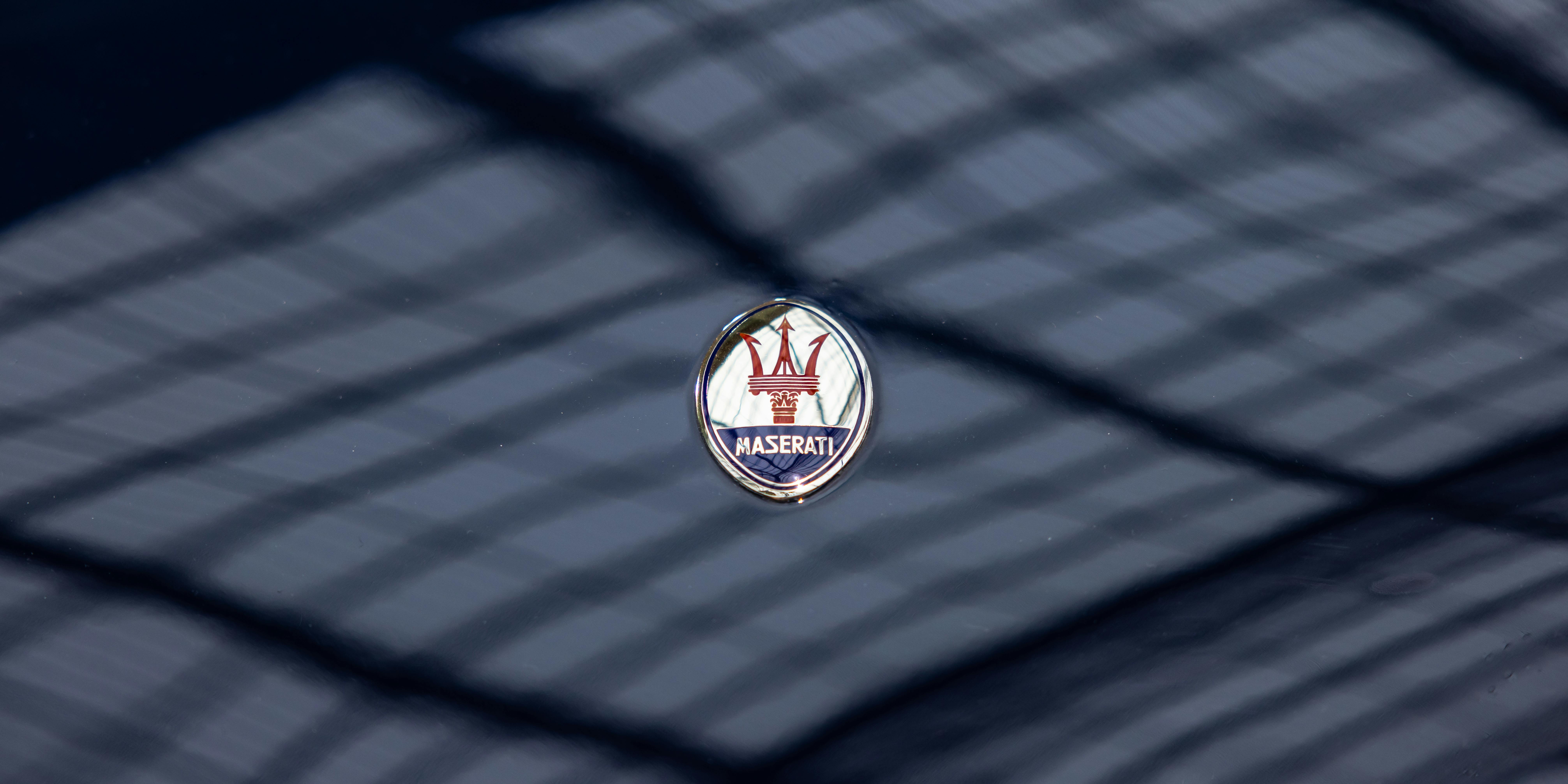Apply Now
Smart Ways to Unclog Your Drain in 2025
Maintaining clear drains is vital for keeping your plumbing system working effectively. As homeowners face various drain-related issues, knowing smart ways to unclog your drain can save money and prevent headaches. This article will explore effective techniques, from DIY methods to professional plumbing services, ensuring you have the right tools and knowledge at your disposal.
One of the most common household issues involves clogged drains, whether in the kitchen, bathroom, or even at the toilet. By understanding how to unclog a sink, bathtub, or toilet, you can address these challenges head-on. Solutions such as using a plunger, chemical drain cleaners, or natural options like vinegar and baking soda can offer effective resolution. Additionally, maintaining your drains regularly can prevent clogs from occurring in the first place.
Throughout this article, we'll provide tips for DIY drain cleaning, preventive measures, and insight into when it might be necessary to call in a professional plumbing service. Expect to discover the best unclogging techniques and essential drain maintenance tips to keep your plumbing systems running smoothly without a hitch.
Effective Techniques for DIY Drain Cleaning
When faced with a clogged drain, it's beneficial to know some practical DIY techniques that can save you time and money. These methods are easy to implement and can often resolve common drainage issues effectively.
Understanding Your Tools: Drain Cleaning Products
To tackle clogs effectively, having the right tools is essential. A plunger is a household staple that can work wonders for sink unclogging; it's especially effective for simple blockages in bathrooms and kitchens. Additionally, a plumber's snake can be instrumental for deeper clogs that a plunger cannot reach. If you're considering chemical drain cleaners, exercise caution—they can be hazardous and might not be suitable for all pipe materials.
Vinegar and Baking Soda Method
A popular natural drain cleaning method involves using vinegar and baking soda. This combination creates a chemical reaction that can help break down minor clogs. Start by pouring half a cup of baking soda down the drain, followed by half a cup of vinegar. Cover the drain and let it sit for approximately 30 minutes before flushing it with hot water. This technique not only helps clear clogs but also aids in maintaining your drains regularly.
Hot Water Flush
One of the simplest unclogging methods is a hot water flush. Occasionally pouring boiling water down your drain can help dissolve grease, soap scum, and other debris that accumulate over time. This method is particularly effective for kitchen sink clogs caused by food residue. However, avoid this method with PVC pipes, as hot water can cause damage.
Plumber Techniques for Clogged Drain Solutions
Despite best efforts in DIY methods, some clogs may require advanced techniques. Knowing when to call an expert and understanding professional methods can make a significant difference in your plumbing health.
The Role of a Drain Auger
A drain auger, or plumbing snake, is a powerful tool for dealing with stubborn clogs. Unlike a regular plunger, a drain auger can reach deep into your pipes to dislodge blockages. Insert the auger into the drain and turn the handle to navigate through bends and curves. Once you feel resistance, you've likely found the clog; crank the auger a bit more to grasp the blockage and pull it out.
Chemical Drain Cleaners: Use with Caution
Chemical drain cleaners can be an effective solution for extreme clogs but carry risks. Always read the product label for safety instructions and recommendations. While these cleaners can dissolve various debris types, they may not be friendly to all pipe materials and can be harmful to the environment, so consider natural alternatives whenever possible.
Managing Drain Maintenance
Regular drain maintenance is crucial to prevent blockages. A simple technique involves monthly flushing with hot water to keep grease and debris at bay. More intensive inspections and cleanings should occur at least yearly, particularly for older plumbing systems. For best results, consider hiring a professional plumbing service for periodic checks that can identify potential issues before they escalate.
Preventing Clogs in Your Plumbing System
Taking proactive steps can save you from future drain problems. Understanding key prevention tips and utilizing proper techniques ensures your plumbing remains obstruction-free.
Regular Cleaning and Inspections
Establish a cleaning schedule that focuses on both routine and deep cleaning. Regularly inspect your drains for signs of slow drainage or foul odors, which can signal emerging blockages. Moreover, seasonal plumbing checks can help maintain system integrity, ensuring that everything keeps flowing smoothly.
Understanding and Managing What Goes Down the Drain
Be mindful of what you dispose of in your sinks and toilets. Avoid flushing anything but toilet paper and human waste down the toilet. In kitchens, consider using strainers for the sink to catch food particles. Establishing these habits can go a long way in preventing future clogs.
Incorporating Natural Solutions
Opting for natural drain cleaners can be highly beneficial not just for your pipes but also for the environment. Regular use of baking soda and vinegar, alongside hot water flushes, can keep your plumbing operating efficiently without harmful chemicals.
Recognizing Drain Problems Early
Understanding the signs of clogged drains can help you address issues expediently. Recognizing these early signals allows you to prevent minor clogs from turning into more serious plumbing emergencies.
Signs of Serious Blockage
Pay attention to warning signs that might indicate a brewing clog, such as gurgling noises in the toilet or slow drainage in sinks. If multiple drains are slow or there’s an influx of puddling water around your drains, it may indicate a more significant issue that needs immediate attention.
Emergency Drain Solutions
In the event of a severe clog or overflow, having an emergency plumbing plan is essential. Knowing how to quickly address clogged toilet issues or how to minimize damage from a blocked sink can mitigate many of the risks associated with plumbing failures.
When to Call a Professional
Consider contacting a specialized drain cleaning service or plumber when DIY methods fail, especially if you encounter recurring blockages. Professionals have advanced tools such as inspection cameras that allow them to diagnose issues accurately, ensuring a thorough approach to resolving plumbing challenges.
Conclusion: Maintaining Healthy Drains
Adopting smart ways to unclog your drain in 2025 ensures your plumbing systems remain in top shape. By utilizing effective techniques from DIY methods to recognizing common signs of clogs, you empower yourself to tackle drain challenges effectively. When preventive measures like regular maintenance and inspection become part of your routine, you can enhance the longevity and functionality of your plumbing.
By implementing the provided plumbing tips, whether choosing to fix clogs at home or seeking expert services, you’ll enjoy a more efficient home drainage system. After all, maintaining clear and flowing drains is not just about fixing problems; it’s a vital aspect of responsible homeownership.




